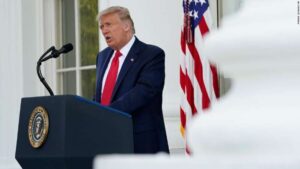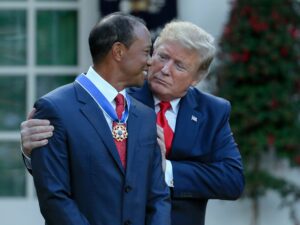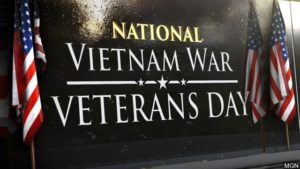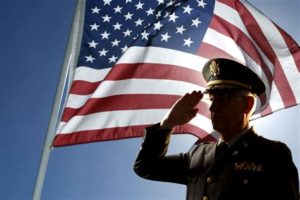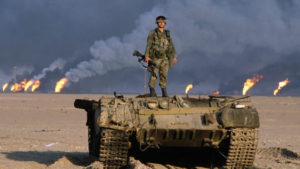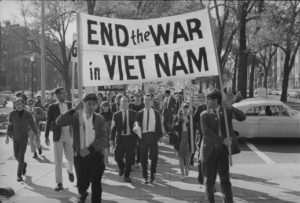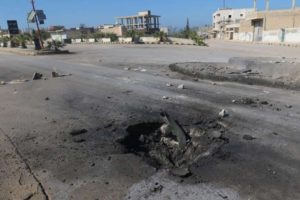I once thought Walter Mondale rewrote the vice-presidential book on service to the nation when he served for four years in the Carter administration.
Then came Al Gore, who was VP for eight years serving alongside Bill Clinton. Gore, too, added his mark on the vice presidency.
And then along came Dick Cheney. Republican presidential nominee George W. Bush tasked Chene with finding a suitable VP in 2000. Cheney, a senior campaign aide for the Texas governor, looked around and I guess he came up empty. So, Bush chose Cheney to run with him. They won the 2000 contest by the tiniest margin imaginable, then got re-elected in 2004 … after lying to Americans about intelligence data that said Saddam Hussein possessed weapons of mass destruction and then starting a fresh war against Iraq in Mach 2003.
Cheney died this week at age 84. And, yes, he has rewritten the entire book on serving as No. 2 in a presidential adminisration. He was a force for good at times. I am reluctant to say the “good Cheney” was present 100% of the time. He led the misinformation flow that suggested Saddam had those WMD. The war cost us thousands of American lives. Yes, we did capture the Iraqi dictator and he was executed almost immediately the Iraqi justice officials.
Cheney, though, never backed down from his statements about the WMD. I fear that misleading trail will taint his legacy forever.
However, he did join his daughter, former U.S. Rep. Liz Cheney, in rebuking the MAGA cult that shores up Donald Trump. I salute him, and his daughter, for standing firm and tall against the Trump effort to turn our democracy into an oligarchy.
Cheney did serve well over the course of many years. He was a Wyoming congressman; he served as White House chief of staff for President Ford; he served as defense secretary for President George H.W. Bush and was at the DoD helm during the Persian Gulf War of 1990-91.
He was strong in his belief in what he thought was right. I only wish his belief could have led him a different direction. He’s gone now. Dick Cheney gave all he had. It was plenty.
